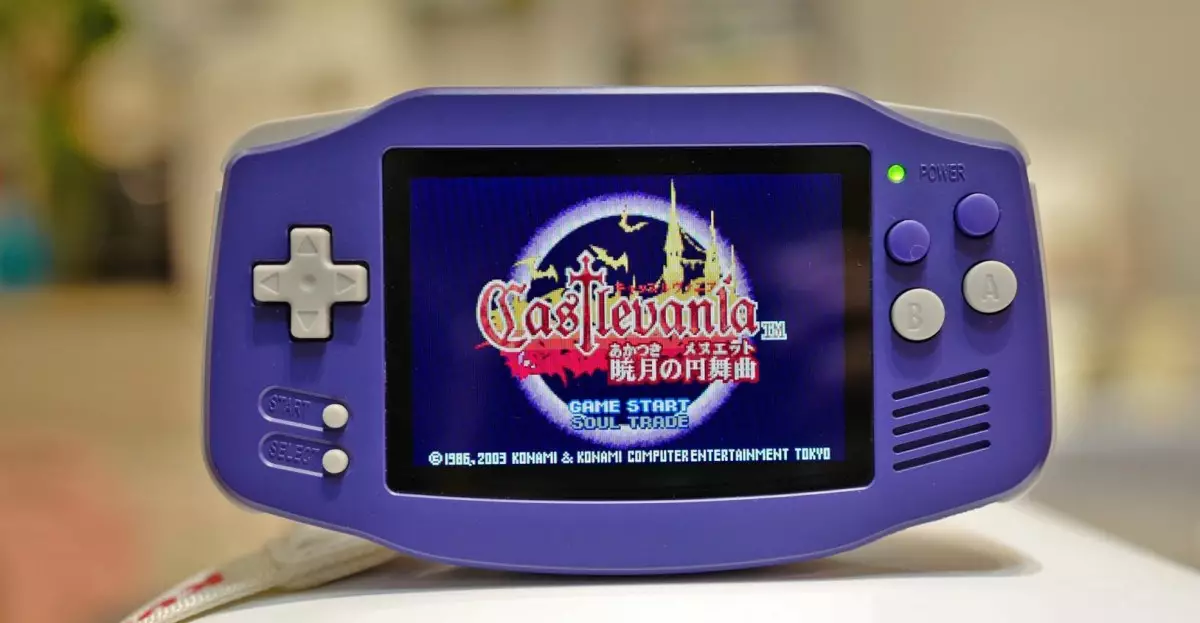The discourse surrounding retro gaming has taken an unsettling turn, laser-focused on the implications of recent tariffs imposed on Chinese goods. Notably, Anbernic, a prominent player renowned for its affordable Nintendo Game Boy clones, finds itself navigating treacherous waters. With proposed tariffs soaring to a staggering 245 percent, the future of affordable gaming devices hangs in the balance. The situation presents a stark reminder of the potent mix of global trade policy, consumer preference, and market accessibility.
Understanding Anbernic’s Position Amidst Tariff Uncertainty
Anbernic’s decision to suspend shipments of its popular gaming handhelds from China to the United States underlines a critical pivot in their business strategy—a necessary move in response to changing U.S. import policies. They announced the suspension with a clear message that resonates with potential buyers: “Due to changes in U.S. tariff policies, we will be suspending all orders shipping from China to the United States starting today.” This unequivocal statement speaks volumes about the uncertainty that looms over Chinese imports and encapsulates a cautionary approach to international trade.
However, while Anbernic’s U.S. warehouse option has existed for some time, its sudden elevation to prominence amid tariff crises begs the question: is this a legitimate business strategy or a desperate measure? It’s crucial to note that the company initially relied on direct international shipping as paramount to customer satisfaction. Now they urge consumers to prioritize domestic options, attempting to mitigate the looming specter of high customs duties—a savvy business response but one that threatens to deter price-sensitive customers.
The Impact of Trade Policies on Consumer Choices
The implications of tariffs are as multifaceted as they are profound, reaching far beyond the confines of financial metrics. As Anbernic grapples with the possibility of increased prices due to tariffs, their loyal customer base may find themselves facing sticker shock. The company’s handhelds, which have typically been marketed at around $70, are now vulnerable to price hikes that could alienate consumers who have come to rely on affordable alternatives in the increasingly competitive gaming landscape.
Moreover, the removal of the de minimis exemption—previously allowing low-cost goods to evade hefty tariffs—further complicates Anbernic’s predicament. The company’s portfolio hinges on low pricing. Will consumers be able to stomach inflated prices that reflect the new tariff landscape? This looming crisis could engender a significant shift in buying patterns, pushing budget-conscious gamers toward second-hand markets or lesser-known brands that might evade such orders.
The Broader Implications for the Retro Gaming Market
As Anbernic navigates this turbulent phase, the entire retro gaming market stands on shaky ground. Their innovative approach to gaming nostalgia has carved a niche, enabling gamers to access beloved classics without the financial burden often associated with vintage consoles. Yet, if Anbernic’s struggles signal a broader trend, other brands may soon follow suit, grappling with the same complexities spurred by restrictive tariffs.
Companies like RetroTINK echo these sentiments, also halting shipments as they grapple with uncertainty—a collective sentiment in the tech community. Their decisions spotlight crucial conversations about innovation versus logistics in today’s market. While the advancements in technology have led to remarkable offers from brands like Anbernic, the looming threat of tariffs could curtail new innovation that often drives prices down for consumers.
A Community on Alert
The gaming community must remain vigilant during this time of upheaval. Fans of Anbernic and similar brands are left to ponder: How can they maintain their connections to retro gaming when financial constraints limit availability? Will higher prices force a shift to more expensive alternatives or less trustworthy brands?
In the end, Anbernic’s struggle serves as a microcosm of larger economic dynamics. While they are a strong beacon of affordable gaming, the interplay of tariffs, consumer preference, and trade policy casts shadows over the future. Without adaptability in these turbulent times, even beloved brands may find themselves at risk, and the cherished nostalgia that retro gaming represents could face an existential threat in its most accessible form.

